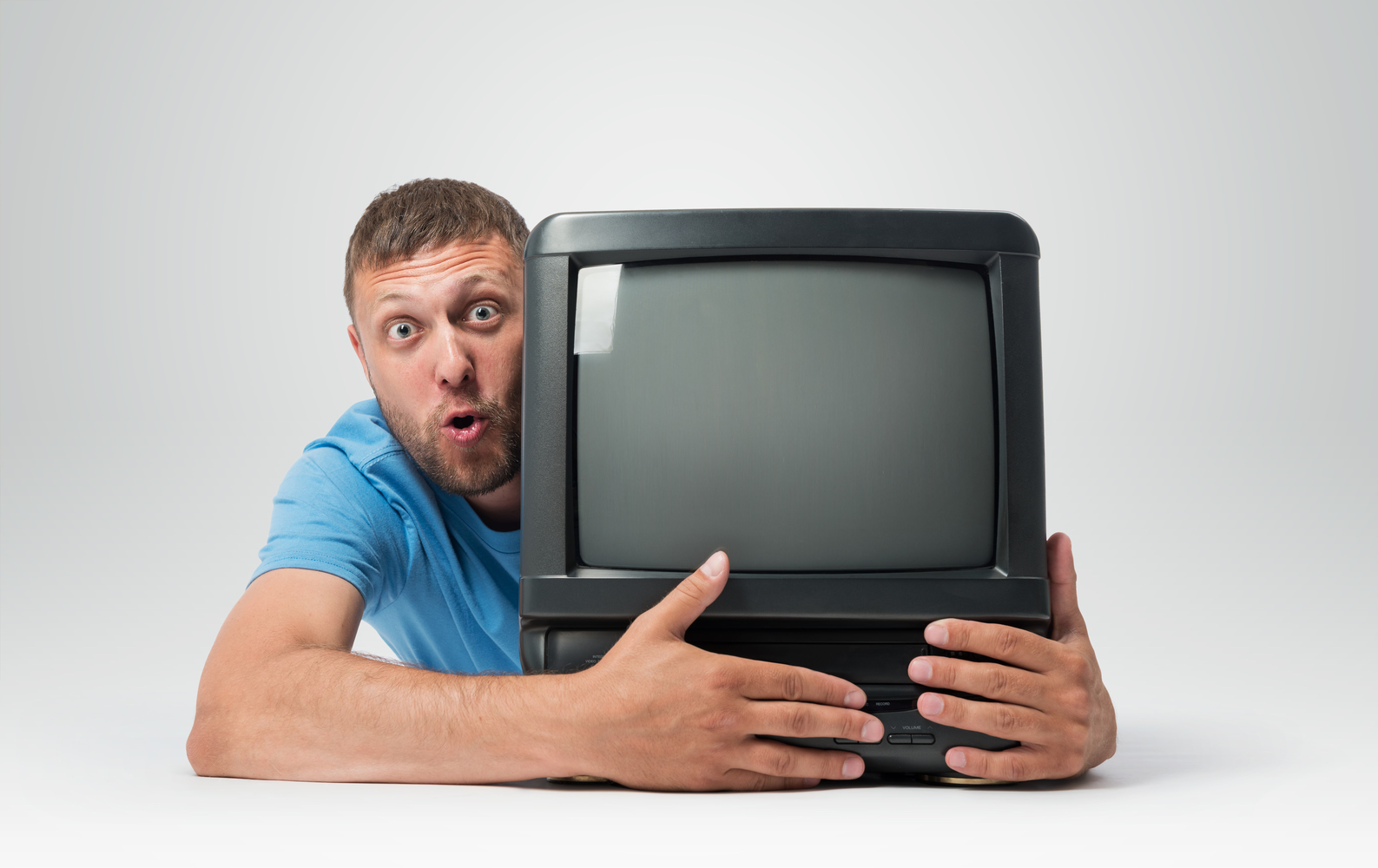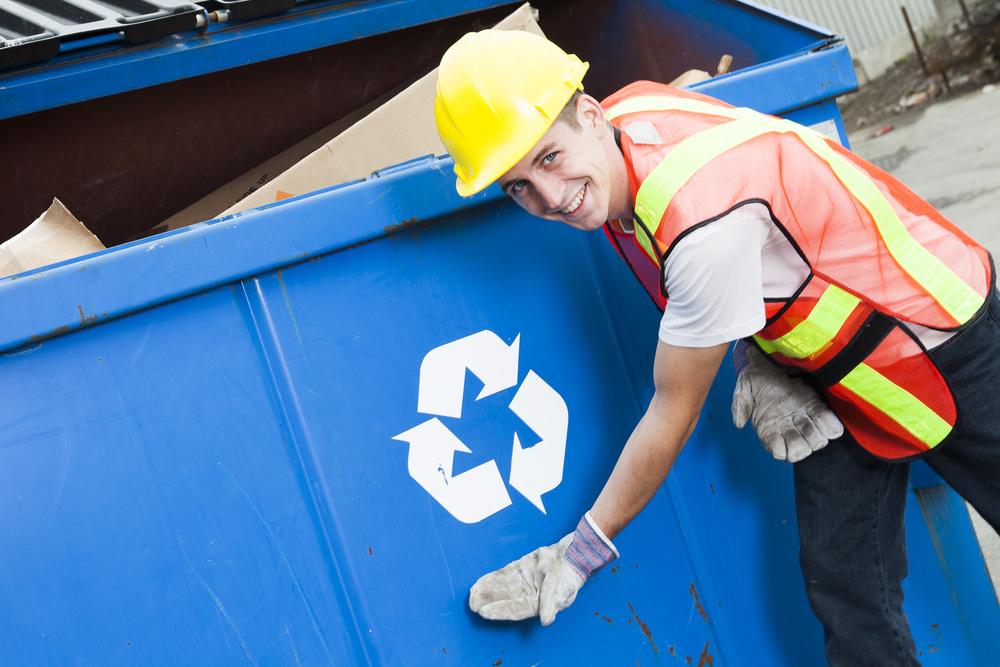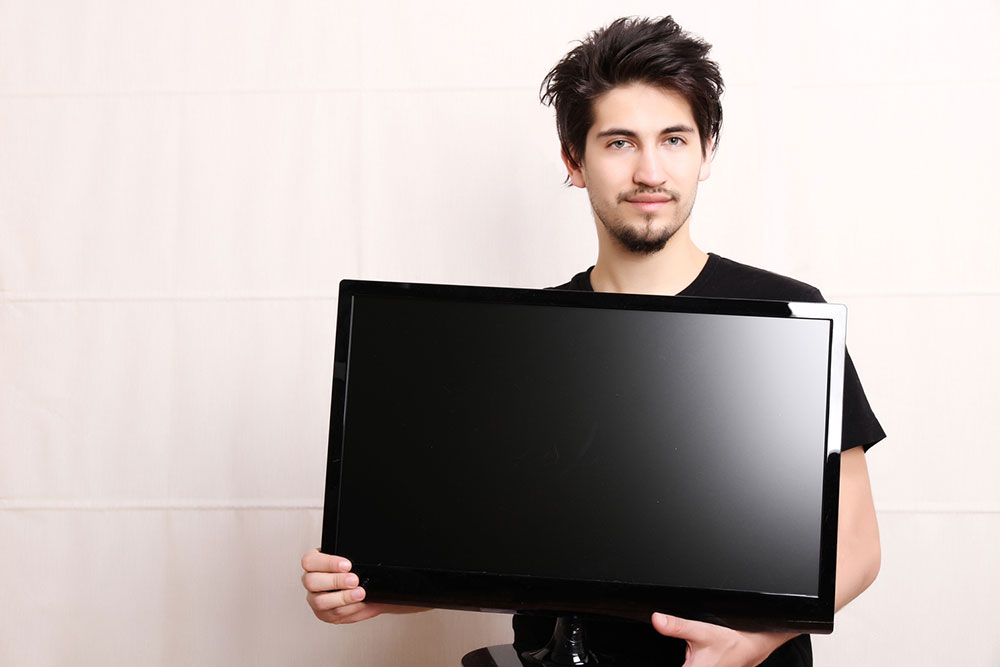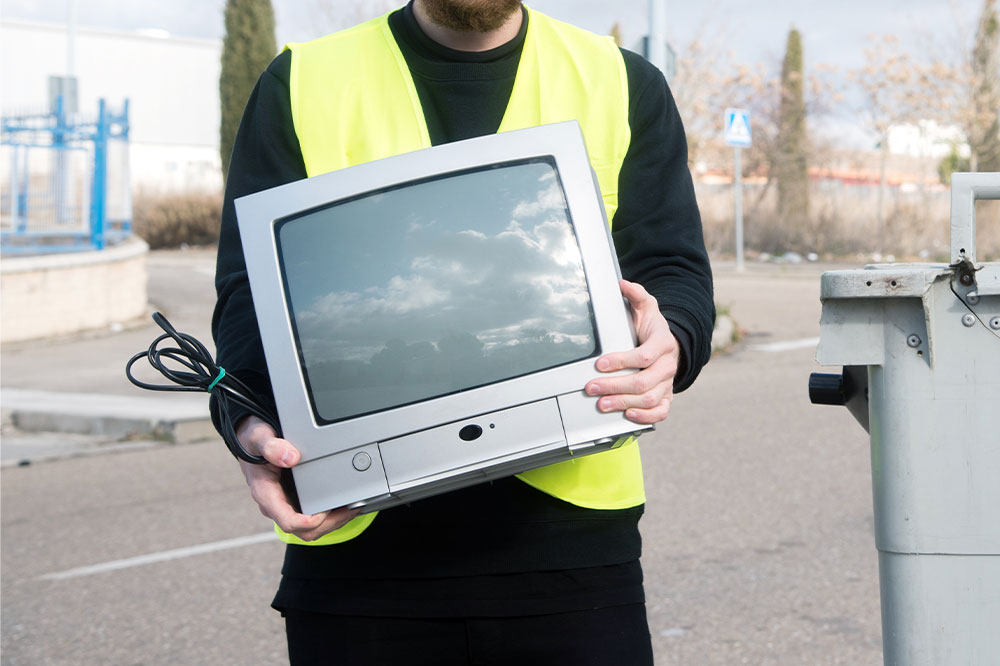Guidelines for Disposing of Large Electronic Devices
Learn effective methods for recycling large electronics like TVs and office equipment. This guide covers proper disposal procedures, importance of recycling, and available recycling programs to help reduce e-waste and protect the environment.
Sponsored

How can you properly dispose of large electronics?
The widespread use of electronic appliances offers many benefits but also leads to a rise in electronic waste, known as e-waste. Managing this waste responsibly is crucial for environmental health. Policymakers, consumers, and industries are all focused on effective e-waste disposal methods. Many individuals are unaware of the proper procedures for recycling large electronics like TVs or large office equipment. Gaining knowledge about responsible disposal is essential for everyone.
What is electronic waste or e-waste?
Items such as outdated phones, stereo systems, obsolete computers, and televisions are considered e-waste or end-of-life electronics.
These devices can often be refurbished or recycled efficiently.
Why is recycling large electronics important?
Several reasons support the need to recycle items like TVs and large gadgets, including:
Electronic waste contains valuable metals, making recycling a resourceful way to recover raw materials.
Proper disposal helps manage solid waste buildup caused by the short lifespan of electronic products and increased industry production.
Electronics often contain toxic substances such as lead, mercury, cadmium, and chromium. Safe processing prevents environmental contamination and health hazards.
Which devices are classified as large electronics?
Large printers, flat-screen and CRT TVs, copiers, and office machines are all classified as large electronic appliances.
Preparing large electronics for recycling
Since many electronic devices contain hazardous materials, special care should be taken, especially with CRT TVs, which have high toxic contents.
Handle devices carefully during transport, avoiding drops or cracks.
Drop off obsolete electronics at certified e-waste recycling centers that process and dispose of them responsibly.
How to recycle outdated electronics?
Recycling options depend on your location, but giving devices to organizations or charities is one effective method.
Ensure all personal data is erased before donating or recycling devices.
Authorized recyclers, manufacturer take-back programs, and dedicated recycling centers offer convenient solutions.
Electronics like cell phones and batteries are also recyclable through specific programs.
Many retailers host free collection events sporadically, though some may charge or limit accepted brands.
Local recycling centers and private companies also provide electronic waste disposal services.
Stores offering electronic device recycling
AT&T
eBay
Sprint
T-Mobile
Dell
HP
Best Buy
Staples
Lexmark
Office Depot
Final thoughts
If you're ready to dispose of old or unused electronics, there are numerous responsible options available. From certified recycling programs to donations that extend device lifespan, make an eco-friendly choice today.





